
Gasoline retailers are on edge, worried about losses as key businesses squeeze discounts - Photo: QUANG DINH
Some key enterprises, especially state-owned enterprises, are indignant that it is necessary to review the basis for allocating total resources, ensuring that it is suitable to the enterprises' capabilities as well as fair in competition.
Discount reduced due to scarcity?
Specializing in purchasing goods from a distributor who sends goods to Nha Be warehouse, a petroleum business in a southern province said that because the petroleum source is not as abundant as before, the business is forced to find sources at neighboring warehouses.
However, the supply is not much or the discount is very low, only a few hundred dong, making businesses more "discouraged".
"Every week we import goods 3-4 times, each time about 18,000 liters. Recently, the distributor said that there is only oil, gasoline is limited. Because we only get goods from one distributor, we are also worried that it may not be enough to meet consumption demand, even though we know the discount is very low," he said.
According to a retailer in Ho Chi Minh City, there is no shortage of goods, but the discount rate is too low, making retailers not interested in doing business.
"In reality, due to the continuous decrease in gasoline prices over a long period of time, key enterprises suffered heavy losses, so when prices started to increase again, the key enterprises squeezed discounts to make up for previous losses," he said.
In addition, although all the sources have stockpiled goods, due to the impact of storms and floods, ships cannot return in time, and at times the supply is interrupted locally. Therefore, the discount rate has dropped sharply to 500 - 600 VND, and at times it is only 300 - 400 VND/liter.
With the continuous decrease in gasoline prices in recent times, while the price adjustment cycle is too fast in just 7 days, retailers do not dare to import much because of the risk of heavy losses if they do not sell all. When gasoline prices have tended to increase again recently, distributors and traders have reduced their discounts.
"When a business is losing too much, it does not want to import goods. Financially well-financed and professional units all have reserves, enough for 2-3 days to avoid shortages. But if the discount is too low and the business is not effective, they will have to consider importing the appropriate amount of goods to avoid losses" - this business confided.
A distributor in the South also said that getting goods is not difficult, but the main traders only sell the exact amount of output signed in the contract with the distributors.
Especially when prices tend to increase, discounts decrease, or supply shows signs of shortage, local shortages, distributors and agents who want to buy more cannot get the goods.
"On the contrary, when prices tend to decrease and discounts increase, businesses cannot import many goods due to fear of losses. Therefore, businesses only import enough goods to sell, and cannot or do not dare to speculate because the current market has too many risks," he explained.
The main source suffered heavy losses due to inventory and price reduction.
While distributors, agents and retailers are worried about the squeeze on discounts, many key businesses are also having a "headache" because the minimum total source of gasoline (the amount of goods allocated requires businesses to ensure enough sources according to the allocation - PV) assigned by the Ministry of Industry and Trade at the beginning of the year is difficult to achieve.
According to a petroleum wholesaler in the South, due to the continuous price drop over the past few months, the wholesaler keeps buying goods and is losing money. Especially for state-owned petroleum companies that are allocated a large total supply, while consumption cannot keep up.
Furthermore, the price adjustment cycle is only 7 days, so when the business imports goods, the inventory is up to tens of billions of dong. This business alone requested to reduce the assigned quota by 30% but has not yet been approved.
"This year, market competition is very high, prices are falling continuously. While the total supply of fertilizer is large, there is a lot of inventory, leading to losses when prices fall.
Therefore, we are forced to reduce discounts for agents and distributors, but the worse situation is that we will lose more customers. Many units have turned to buy goods from other suppliers with more competitive prices" - this business lamented.
Meanwhile, a private trader said he did not face much pressure to allocate the minimum total source, and even exceeded it by 300%.
The reason is that this business has applied many policies to flexibly discount levels, continuously expanding agents and retail stores nationwide, thus attracting customers in the market and increasing consumption. This also helps the business avoid losses.
Inadequate mechanism for total resource distribution?
According to key traders, many key petroleum enterprises requested to adjust the total minimum source because the Ministry of Industry and Trade's allocation and distribution of output was unreasonable.
While state-owned petroleum enterprises are assigned high output levels, accounting for 70-80% of the market, private enterprises only have to undertake much lower output levels.
Therefore, when the market fluctuates in price and market demand decreases, the enterprises that are assigned a lot face huge losses. In fact, some key enterprises are only assigned a total source of less than 2,000 m3 per month, which is too low, while many state-owned petroleum key enterprises are assigned hundreds of thousands of m3 per month, even nearly 1 million m3 per month.
According to this person, the allocation of total resources is baseless and not suitable to the business capacity and market situation, so any unit that is allocated a high level of total resources will find it difficult to implement.
On the contrary, businesses that are assigned low total resources have the advantage of only needing to import enough assigned output, then can "watch" for key units with large inventories to buy and resell to the market for profit.
"The mechanism for allocating the minimum total amount of gasoline and oil is showing many shortcomings. We are allocated too much, while the consumption output is very limited. We always have excess stock in our warehouses, so we have to suffer huge losses.
Other key businesses are only assigned a low total source, do not have inventory pressure, so they can compete better. We recommend adjusting the total source to be appropriate and ensure healthy competition for businesses" - said a key trader.
According to Tuoi Tre's research, in 2024, the Ministry of Industry and Trade will allocate the total minimum source of gasoline and oil (including from import, production, blending and purchase from domestic sources at oil refineries) to 36 key enterprises.
It is noteworthy that while some businesses are assigned from several hundred thousand to millions of cubic meters per ton of gasoline, some businesses are only assigned to create sources with very small output, only a few tens of thousands of cubic meters per ton.
At a recent meeting between the Ministry of Industry and Trade and key petroleum enterprises, some traders proposed to reduce the total amount of allocated petroleum resources, citing the fact that people's demand has basically not increased dramatically.
Many businesses suffered damage after the storm, some businesses suffered losses due to the recent sharp drop in gasoline prices, while businesses' reserves must last for 20 days, so balancing is difficult.
Total allocated resources have a large difference
According to the assignment of the Ministry of Industry and Trade, Vietnam National Petroleum Group ( Petrolimex ) is the enterprise with the largest source creation role with 11.5 million m3/ton, an average of nearly 1 million m3/month; followed by Vietnam Oil Corporation (PV Oil) with more than 6 million m3/ton, Thanh Le Import-Export Trading Company with more than 1.3 million m3/ton...
Meanwhile, some enterprises are allocated very low total resources. For example, Southwest Petroleum Company SWP is more than 48,000 m3, equivalent to 4,000 m3/month; Vinh Long Petro Petroleum Company is 27,182 m3, equivalent to 2,260 m3/month; Phuc Loc Ninh Joint Stock Company is 21,746 m3, equivalent to 1,812 m3/month...
Ministries and sectors must take responsibility for the shortage and disruption of gasoline supply.
Prime Minister Pham Minh Chinh has just issued an official dispatch requesting ministries and branches to be responsible before the Government, the Prime Minister, and the people if they are not proactive enough to cause shortages and disruptions in the supply of gasoline and oil for the domestic market.
The Prime Minister requested the Ministry of Industry and Trade to direct units to provide enough gasoline for the system, absolutely not to interrupt the gasoline supply. Strictly implement the total minimum gasoline supply in 2024 that is allocated and reserve gasoline according to regulations.
The Ministry of Industry and Trade must strengthen inspection, examination and supervision of petroleum business activities, promptly detect and strictly handle violations according to regulations.
The Ministry of Finance updates, reviews and adjusts actual costs arising in the basic price structure of petroleum products to suit and harmonize the interests between petroleum businesses and consumers, petroleum-using businesses; ensuring the implementation of the goal of stabilizing the market, controlling inflation and supporting production and business. Inspect and supervise the establishment, management and use of the petroleum price stabilization fund...
8-month inventory increased by 8%
According to a report from the Domestic Market Department, the total source allocated to 36 petroleum traders this year is 28.4 million m3/ton of various types of petroleum.
In the first 8 months of the year, the total imported and purchased source from two domestic factories by key traders was 18.16 million m3/ton of all kinds of gasoline and oil, equal to 63.7% of the total minimum source assigned by the Ministry of Industry and Trade.
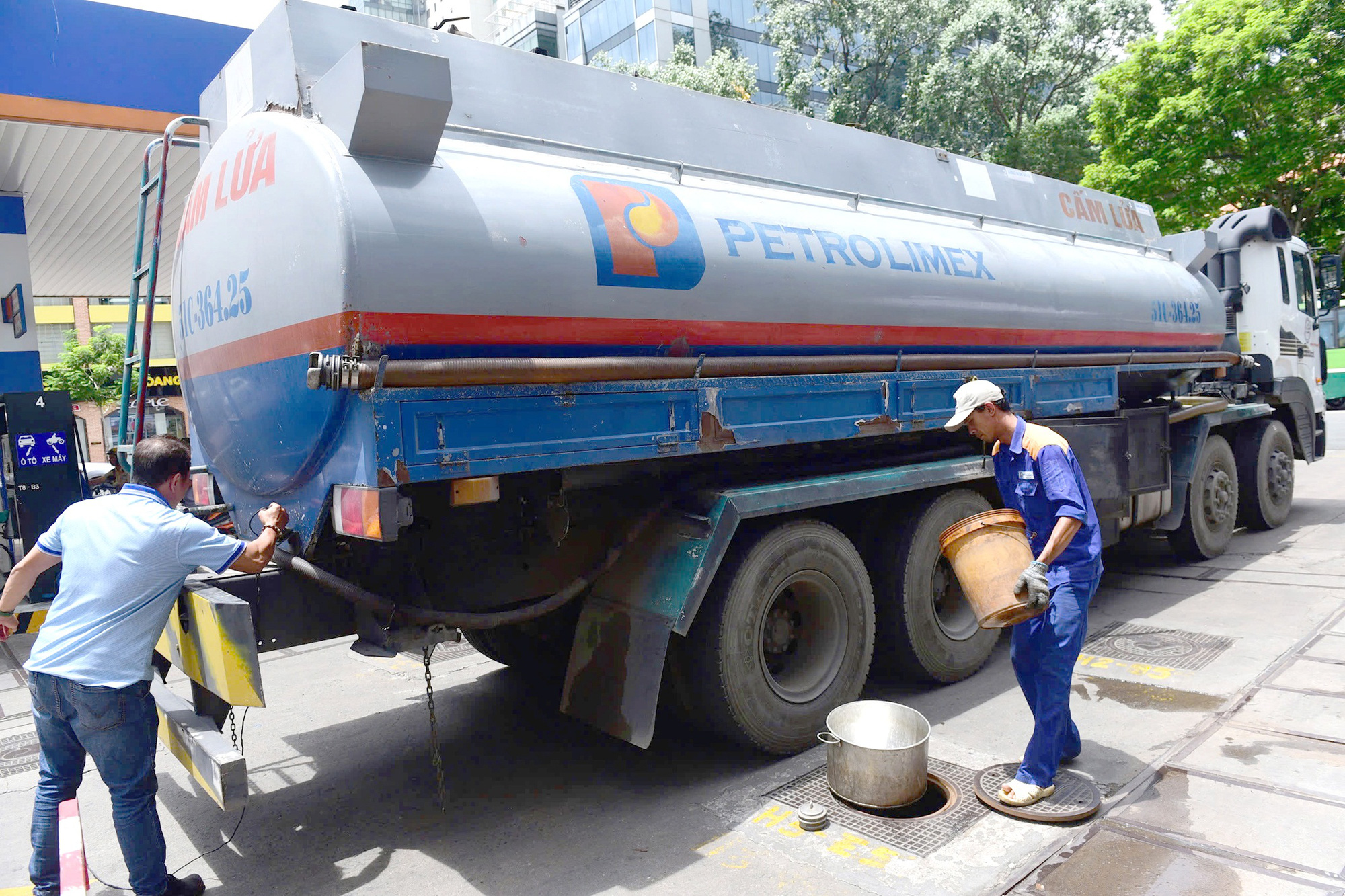
Some key enterprises said they suffered heavy losses due to being allocated too large a total source, while gasoline prices have continuously decreased recently - Photo: QUANG DINH
Consumption reached 18 million m3/ton; inventory was about 1.95 million m3/ton, up about 8% over the same period. It is expected that in the last 4 months of the year, the total production and import source will be about 10.2 million m3/ton of all kinds of gasoline and oil, with an estimated consumption of more than 8 million m3/ton and inventory of 1-2 million tons. The Ministry of Industry and Trade affirmed that if there are no unexpected factors, the gasoline and oil supply in 2024 will basically meet the demand.
At a recent meeting with key enterprises, Mr. Phan Van Chinh - Director of the Domestic Market Department, Ministry of Industry and Trade - said that from now until the end of the year, the gasoline market situation will have very complicated developments.
Therefore, the ministry will carefully consider the issue of requesting an adjustment to reduce the total allocated resources of enterprises to meet the highest goal of ensuring sufficient supply of gasoline for domestic use.
Source: https://tuoitre.vn/doanh-nghiep-dau-moi-xang-dau-thua-lo-bop-chiet-khau-20240925224102509.htm


![[Photo] National Assembly Chairman Tran Thanh Man attends the VinFuture 2025 Award Ceremony](/_next/image?url=https%3A%2F%2Fvphoto.vietnam.vn%2Fthumb%2F1200x675%2Fvietnam%2Fresource%2FIMAGE%2F2025%2F12%2F05%2F1764951162416_2628509768338816493-6995-jpg.webp&w=3840&q=75)

![[Photo] 60th Anniversary of the Founding of the Vietnam Association of Photographic Artists](/_next/image?url=https%3A%2F%2Fvphoto.vietnam.vn%2Fthumb%2F1200x675%2Fvietnam%2Fresource%2FIMAGE%2F2025%2F12%2F05%2F1764935864512_a1-bnd-0841-9740-jpg.webp&w=3840&q=75)



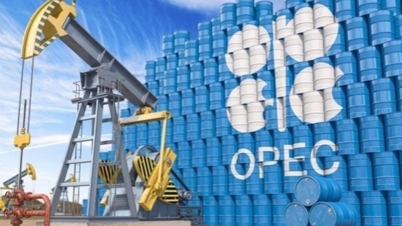

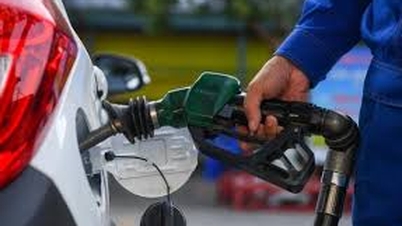




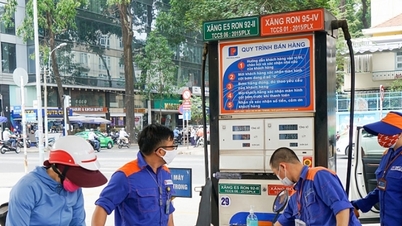

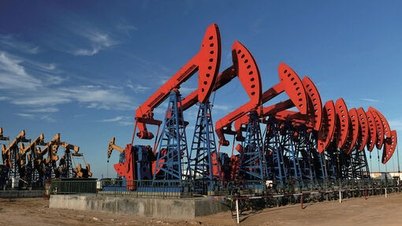

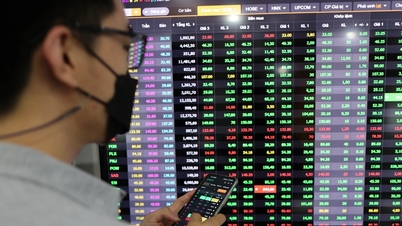



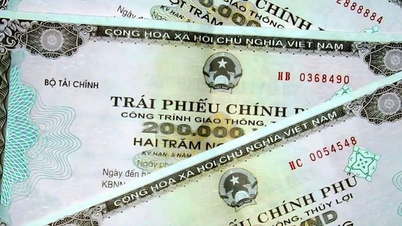

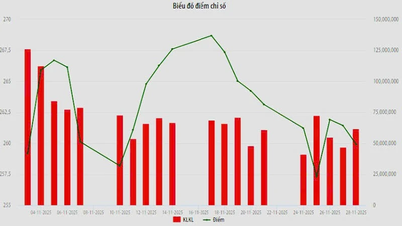
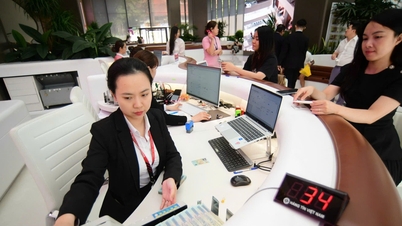
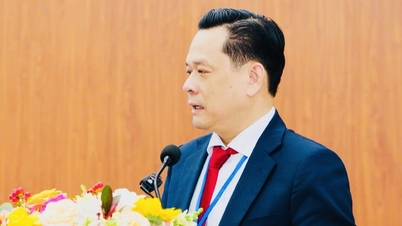







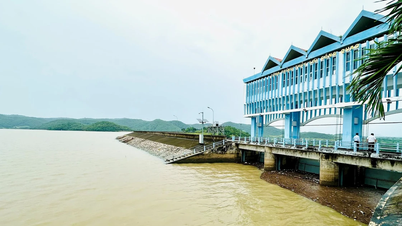

















































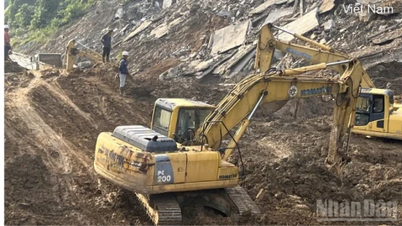

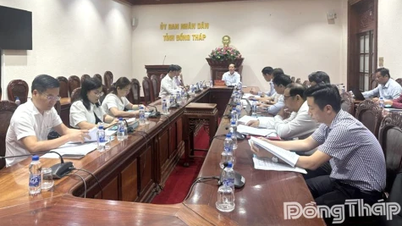


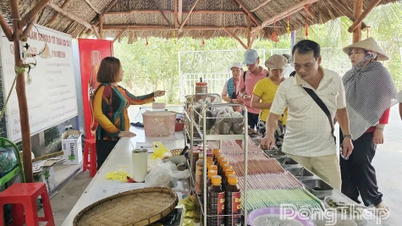

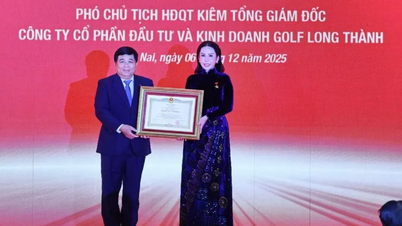

















Comment (0)